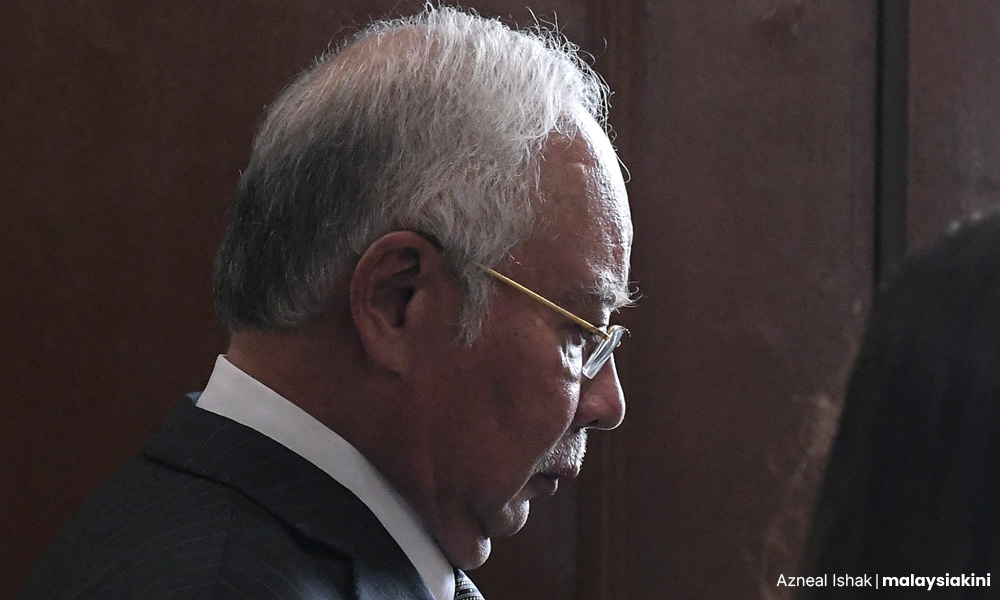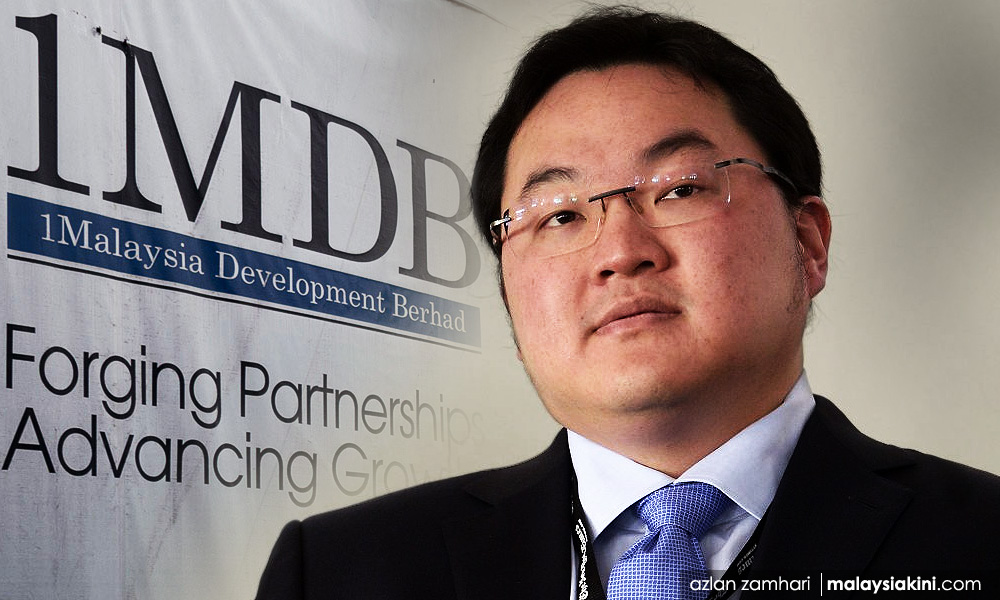1MDB Trial | A provision in the MACC Act 2009 seeks to counter the problem of proving corruption cases in court, the High Court in Kuala Lumpur heard.
Deputy public prosecutor (DPP) Gopal Sri Ram orally submitted that Section 41A of the Act has been passed by the Parliament as proving corruption was not always easy.
The DPP told trial judge Collin Lawrence Sequerah that the provision facilitates the provenance (origin) of evidence - such as an audio recording allegedly of former prime minister Najib Abdul Razak and a middle-eastern royalty - which may not be capable of being established per the Evidence Act 1950.
“The object of Section 41A is to prevent a person accused of an offence (of corruption) to escape the net as provenance could not be established (of evidence crucial to proving the case in court),” Gopal (above) submitted.
The DPP pointed out that the provision is housed in a statute (MACC Act) to “stamp out corruption”, so it is only intended to be used to bring in evidence for an accused facing graft charges under the Act and not for those facing charges in a different law.
The former federal court judge added that the provision does not affect Najib’s right to a fair trial in relation to the 1MDB graft case.

Section 41A states that where any document or a copy of any document is obtained by the MACC under the MACC Act, it shall be admissible in evidence in any proceedings under the Act, notwithstanding anything to the contrary in any other written law.
The prosecutor’s submission is in furtherance of the prosecution’s bid to adduce the audio recording in relation to Najib’s ongoing RM2.28 billion corruption trial.
The prosecution seeks to bring in the audio to counter Najib’s claim related to an Arab donation, which the former finance minister is relying on to bolster his defence in the 1MDB case.
However, Najib’s lead defence counsel contended that the former prime minister’s right to a fair trial may be jeopardised if the audio recording is allowed to be admitted - with his written submissions challenging the legality of Section 41A (which the prosecution is relying on to adduce the audio recording).
The audio recording is part of multiple recordings that were revealed by then MACC chief commissioner Latheefa Koya in January 2020.
They purportedly involved Najib and other 1MDB-linked individuals.
Hearing before trial judge Collin Lawrence Sequerah resumes tomorrow morning.
Abuse of power, money laundering charges
Najib is facing four counts of abuse of power and 21 counts of money laundering involving RM2.28 billion from 1MDB.
In regard to the four abuse of power charges, the former Pekan MP was alleged to have committed the offences at AmIslamic Bank Berhad’s Jalan Raja Chulan branch in Bukit Ceylon, Kuala Lumpur, between Feb 24, 2011, and Dec 19, 2014.
On the 21 money laundering counts, Najib, who was also a former finance minister, was purported to have committed the offences at the same bank between March 22, 2013, and Aug 30, 2013.
The prosecution contended that the wrongdoing at 1MDB was carried out by fugitive businessperson Low Taek Jho, also known as Jho Low, and several others with Najib’s blessing.
However, the accused’s defence team claimed that Najib had no knowledge of the crime perpetrated at 1MDB and the embezzlement was solely masterminded by Low and other members of the fund’s management.

The BN advisory council chairperson is serving a 12-year jail sentence after the Federal Court on Aug 23 dismissed his appeal against the RM42 million SRC International Sdn Bhd corruption case conviction.
Initially a subsidiary of 1MDB, SRC later became fully owned by MOF Inc. Najib also used to be adviser emeritus to SRC. - Mkini




No comments:
Post a Comment
Note: Only a member of this blog may post a comment.